Is Protein Powder Made from Meat? You Might Be Surprised
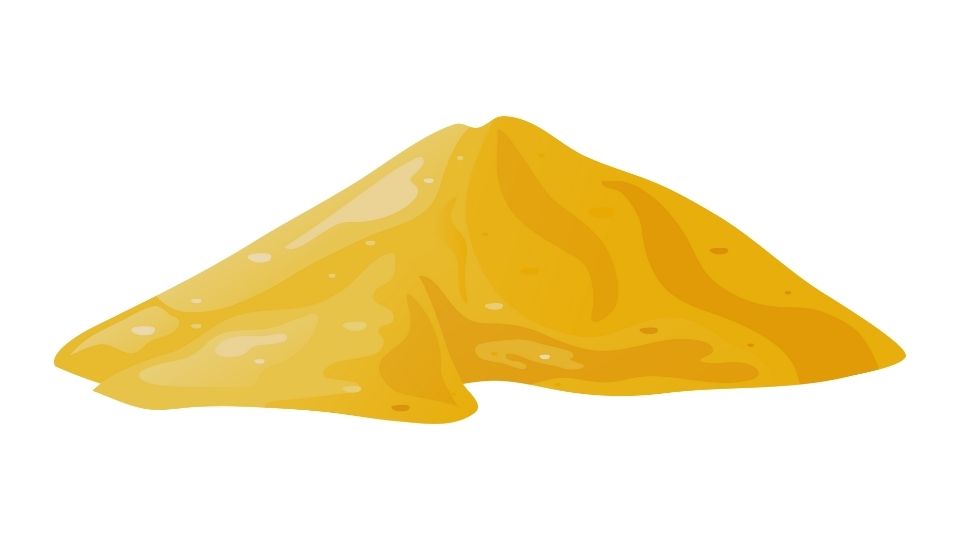
Ever wondered what’s actually in that protein powder you’re scooping into your smoothie?
Most of us assume protein powder must come from meat (it’s protein after all), but the reality might surprise you.
I had the same question myself, which led me down a research rabbit hole. Let’s clear up this protein powder mystery once and for all.
What’s Actually In Your Protein Shake?
Spoiler alert: your protein powder is (probably) not made from ground-up steaks.
In fact, protein powder is typically derived from one of three main sources:
- Milk (whey and casein)
- Plants (soy, pea, rice)
- Eggs (egg white protein)
Let’s break these down so you know exactly what you’re putting in your body.
The Milk-Based Protein Powders
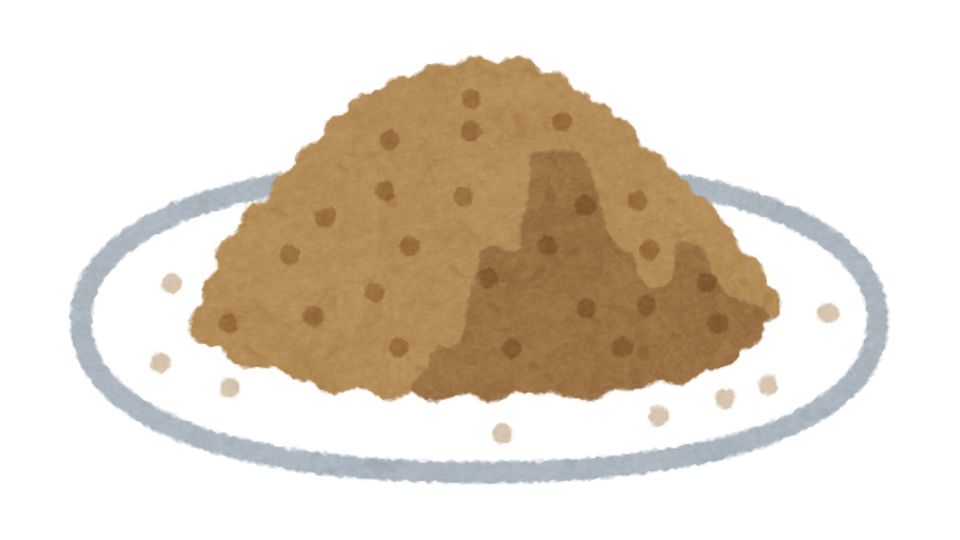
Whey protein is by far the most popular type of protein powder on the market. But how is it made?
When cheese is produced, milk separates into solid curds (which become cheese) and liquid whey. That leftover liquid whey is the starting point for your protein powder.
The process looks something like this:
- Collect liquid whey (cheese-making byproduct)
- Filter it to remove fats and lactose
- Concentrate the protein content
- Spray-dry it into a fine powder
- Add flavorings, sweeteners, and sometimes vitamins
The end result? That tub of protein sitting in your kitchen right now.
Casein protein also comes from milk, but it’s the slow-digesting cousin of whey. It’s made from the curds rather than the whey, and your body absorbs it more gradually, making it a popular choice for bedtime protein shakes.
Plant-Based Protein Powders
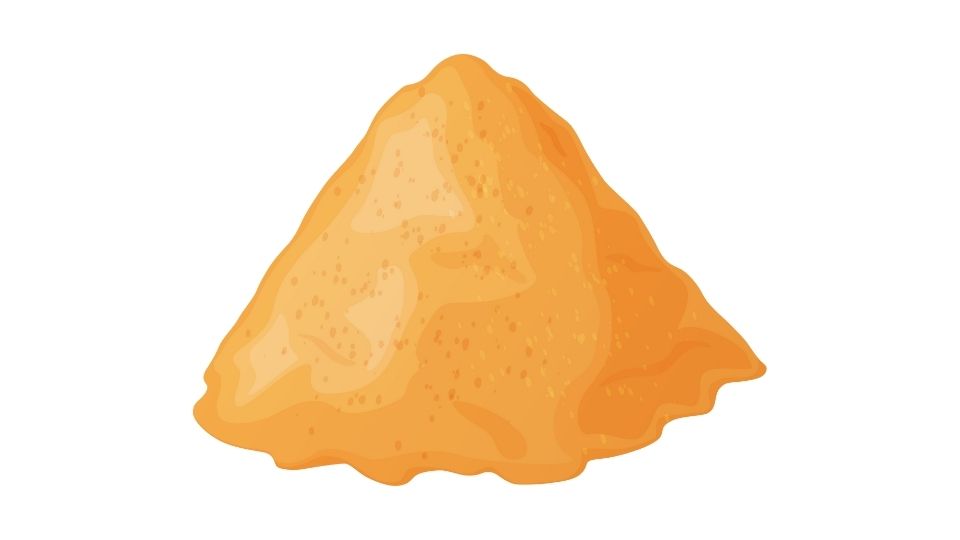
For my vegan friends or those of you who are lactose intolerant, plant-based protein powders have exploded in popularity.
These typically start with grinding plant sources like peas, soybeans, or rice into a flour. That flour is then mixed with water and processed to separate the protein from fiber and starch. After purification, the liquid is spray-dried into powder form.
A study published in the Journal of the International Society of Sports Nutrition found that plant proteins can be just as effective for muscle building when properly formulated to include all essential amino acids.
What About Meat?
So why don’t we see meat protein powders on the shelves?
While meats like chicken, beef, and fish are excellent natural sources of protein, turning them directly into powder isn’t common in the commercial supplement industry. Processing meat into a shelf-stable powder that tastes good would be challenging and expensive.
Instead, most manufacturers stick with dairy and plant sources, which are easier to process and have better taste profiles.
According to food scientists at the University of Illinois, converting meat to protein powder would require complex dehydration processes that could significantly alter the nutritional profile.
The Protein Powder Family Tree
Here’s a quick breakdown of what’s what in the protein powder world:
| Protein Type | Source | Best For | Not Great For |
|---|---|---|---|
| Whey | Milk byproduct | Fast absorption, post-workout | Vegans, lactose intolerant |
| Casein | Milk protein | Slow release, bedtime protein | Vegans, lactose intolerant |
| Soy | Soybeans | Complete plant protein | Those avoiding soy |
| Pea | Yellow split peas | Hypoallergenic option | Those wanting complete protein (needs to be blended) |
| Rice | Brown rice | Gentle digestion | Solo use (low in lysine) |
Should You Be Worried About What’s In Your Protein Powder?
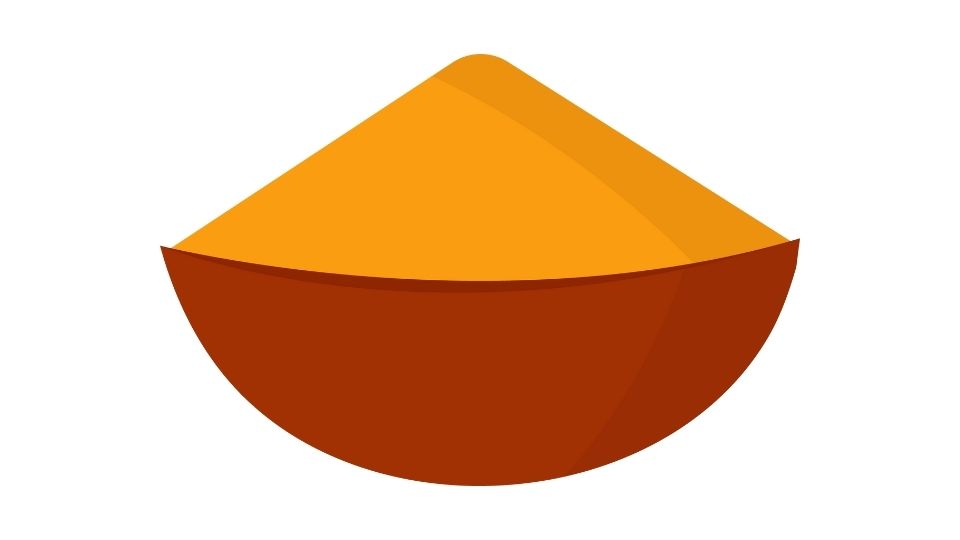
The good news is that protein powders are generally safe and well-regulated.
That said, quality matters. A 2018 study by the Clean Label Project found that some protein powders contained heavy metals and BPA from packaging.
How To Choose A Good Protein Powder
- Check the ingredient list – fewer ingredients usually means less processing
- Look for third-party testing – organizations like NSF or Informed Choice
- Consider your dietary needs – lactose intolerant? Go plant-based
- Watch for added sugar – some brands pack in as much sugar as a candy bar!
The Bottom Line on Protein Powder Production
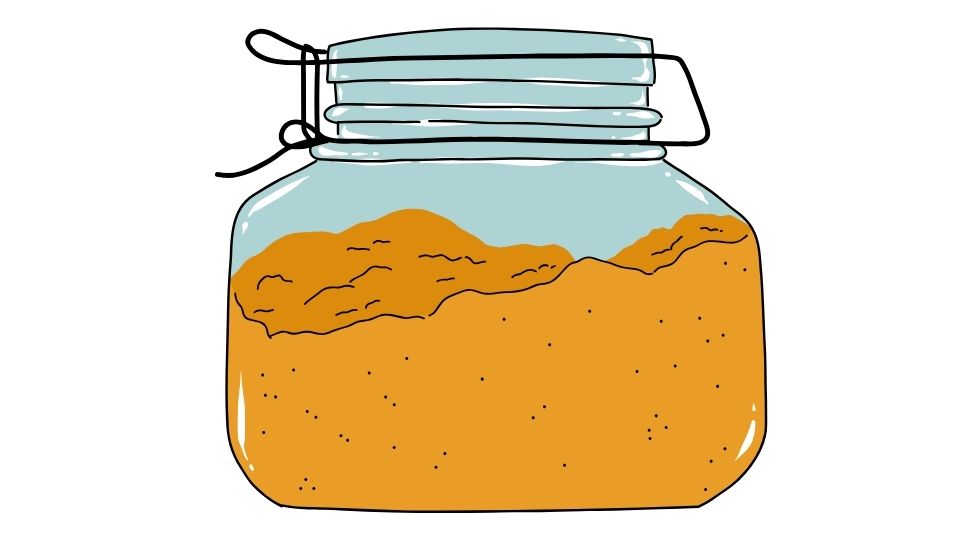
Protein powder isn’t made from meat, but rather from milk byproducts or plants. And that’s probably a good thing – your strawberry banana shake would be pretty weird with beef flavor.
While whole food protein sources like chicken, fish, eggs, and yes, meat, provide more nutritional benefits beyond just protein, powders offer convenience that’s hard to beat.
Research from the American Journal of Clinical Nutrition suggests that supplemental protein can help with muscle recovery, weight management, and meeting daily protein needs, especially for athletes or those with increased requirements.
So next time someone asks you if protein powder is made from ground-up meat, you can confidently say nope – and then drop some knowledge about cheese byproducts and plant protein extraction.
And remember – while protein powder is convenient, it’s still a supplement to a healthy diet, not a replacement for real food. That juicy steak still has its place!
